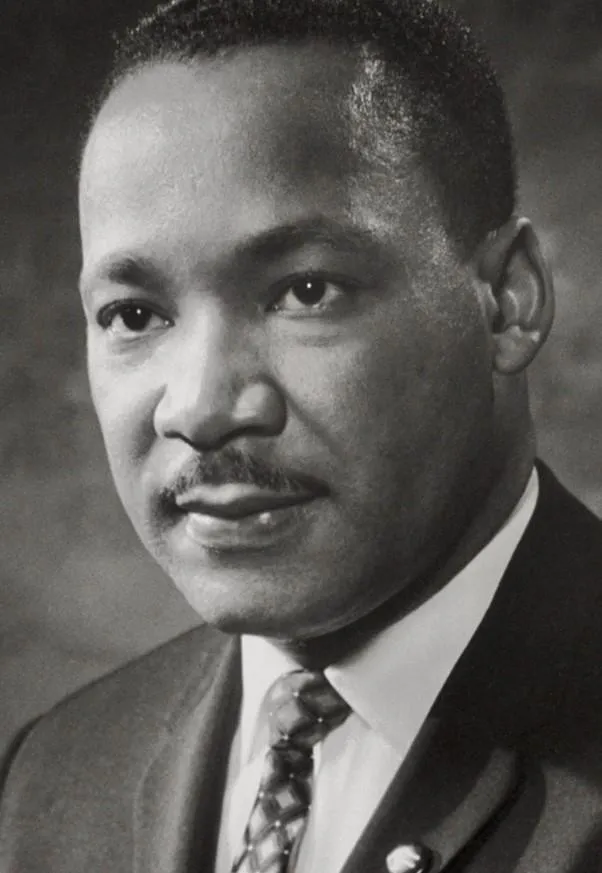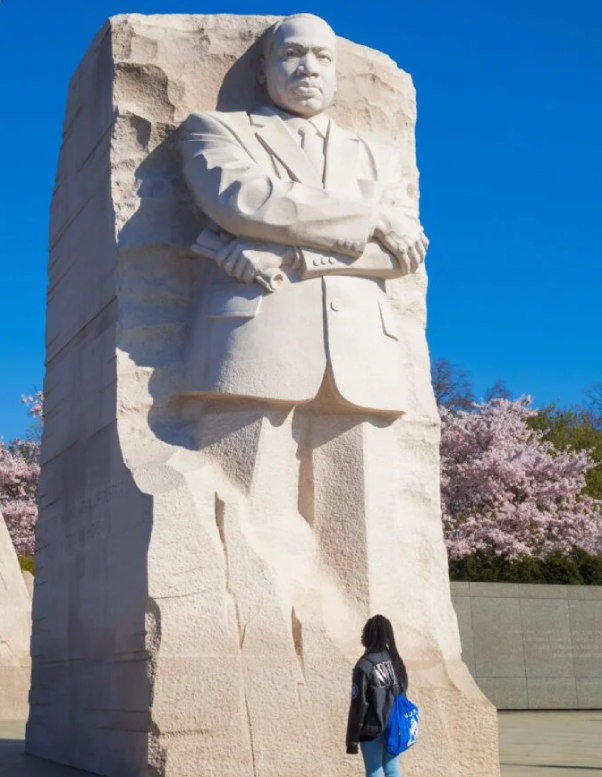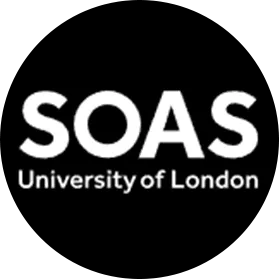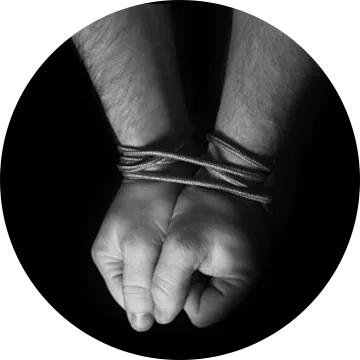Martin Luther King Jr
American Baptist Minister, Activist and Political Philosopher
(15th January 1929 – 4th April 1968)


Peace Quotes
Background
Martin Luther King Jr. was an American Baptist minister, visionary civil rights leader, and one of the most influential advocates for peace, justice, and equality in modern history, whose moral courage and unwavering belief in nonviolence transformed the course of the 20th century.
Born on 15th January 1929 as Michael King Jr. in Atlanta, Georgia, into a deeply religious and socially conscious family, Martin was shaped by his father’s role as a pastor and his mother’s dedication to education, fostering in him a profound sense of moral responsibility and empathy for the oppressed.
Excelling academically, Martin graduated from Morehouse College, studied theology at Crozer Theological Seminary, and earned a PhD in systematic theology from Boston University, where he was deeply influenced by the teachings of Mahatma Gandhi and the Christian doctrine of love as a force for social transformation.
Martin’s leadership came to national prominence during the Montgomery Bus Boycott of 1955–1956, a peaceful yet powerful protest against segregation which was sparked by Rosa Parks’ refusal to give up her seat to a white passenger, which set the stage for Martin’s lifelong commitment to nonviolent resistance.
As founder and president of the Southern Christian Leadership Conference, Martin organised marches, sit-ins, and voter registration drives that challenged the legal and social foundations of racial segregation, often facing imprisonment, violence, and death threats.
Martin’s moral authority and eloquence were pivotal in the passage of landmark U.S. civil rights legislation, including the Civil Rights Act of 1964 and the Voting Rights Act of 1965, cementing his influence as both a national and international figure. His speeches, including the iconic “I Have a Dream” delivered during the 1963 March on Washington, articulated a vision of a society grounded in equality, compassion, and justice, transcending racial and national boundaries.
Awarded the Nobel Peace Prize in 1964, Martin used his global platform to speak against not only racial injustice but also economic inequality, militarism, and war, notably opposing the Vietnam War in his later years. He believed that true peace was not merely the absence of conflict but the presence of justice, advocating for what he called the “Beloved Community,” a world where differences were embraced and conflicts resolved through understanding rather than violence.
Martin’s assassination in Memphis, Tennessee, in 1968 was a devastating blow to the civil rights movement, yet his legacy endures in civil rights activism, peace movements, and educational programs worldwide.
Today, Martin Luther King Jr. is remembered not only as a leader of African Americans’ struggle for equality in the United States, but also as a universal symbol of the power of nonviolence, moral conviction, and the belief that love, and justice can transform societies and foster lasting peace across the world.


































